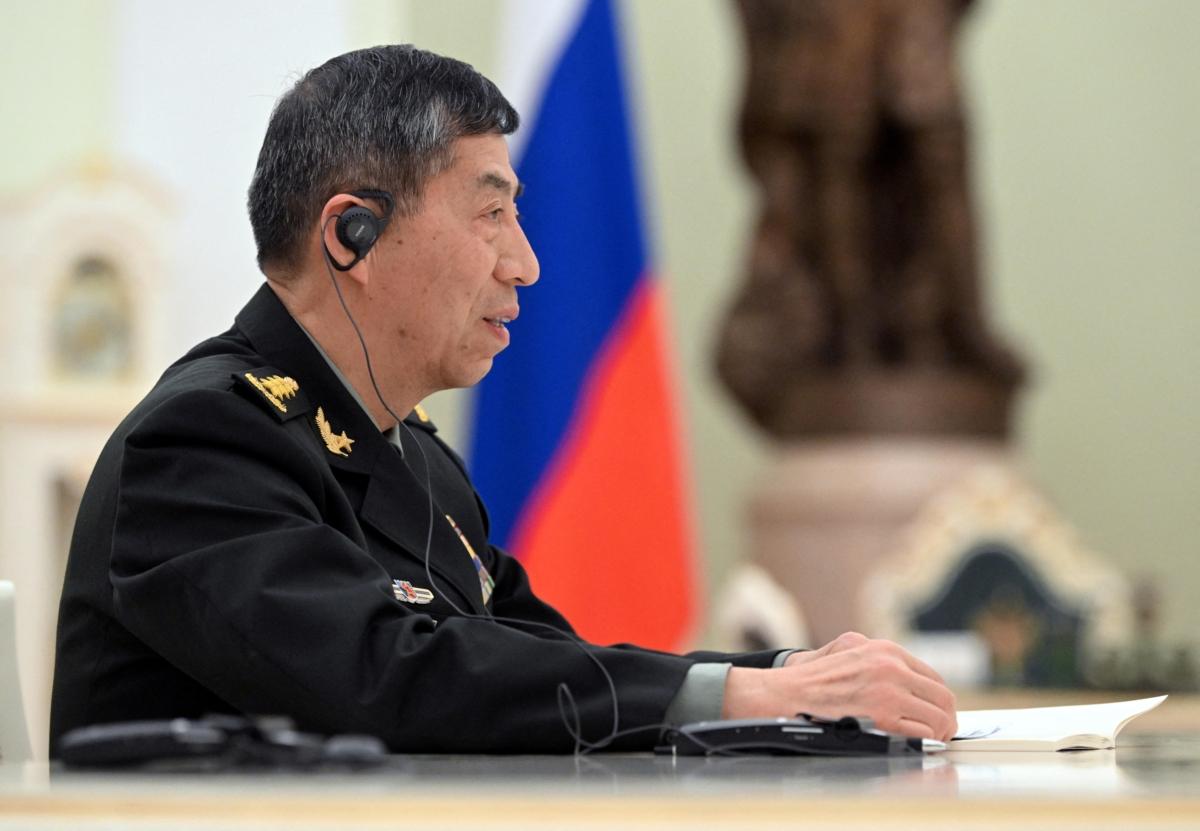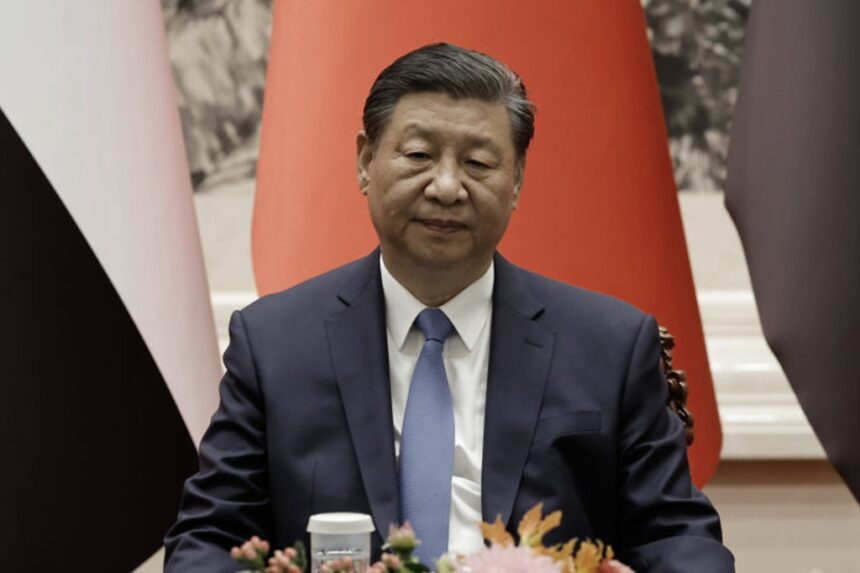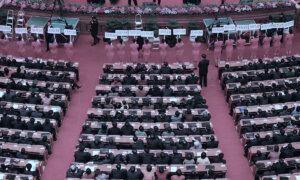News Analysis
Experts suggest that amidst policy dilemmas, communist leader Xi Jinping may have embraced China’s “lying flat” trend. This observation is based on shifts in Chinese economic policies, propaganda coverage, and military personnel changes following a key party conference in mid-July.
“Lying flat,” or “tang ping” in Chinese slang, refers to a passive approach to dealing with life and work challenges that gained popularity online in China in 2021.
China expert Shi Shan, a contributor to The Epoch Times, highlighted the importance of monitoring signs in power dynamics due to the opacity of Chinese politics. He suggested that changes in the CCP’s political structure may be underway.
Additionally, the State Council took the lead in driving the Party’s economic agenda, deviating from Xi’s previous policies.

A complex of unfinished apartment buildings in Xinzheng City in central Henan Province, China, on June 20, 2023. Pedro Pardo/AFP via Getty Images
Misalignment Between State Council and Xi’s Economic Policies
The State Council, led by the Chinese Premier, is responsible for executing administrative powers. While the Party’s directives typically override government bodies, the State Council’s recent actions contradicted Xi’s economic strategies.
On August 3, the State Council announced measures to boost private consumption in China’s service sectors, including sectors previously overlooked by Xi. This shift indicated a departure from Xi’s priorities.
Shi noted, “Xi’s economic policies may have faltered, leading him to delegate adjustments to others, a move that reflects his ‘lying flat’ approach.”
Less Propaganda Coverage for Xi
The reduced visibility of Xi in CCP propaganda further supports the notion that he may be taking a back seat in decision-making.
Following the third plenum, where Xi was notably absent from media coverage, the CCP-controlled platforms featured him less frequently than before, hinting at a shift in focus.

Chinese Defense Minister Li Shangfu attends a meeting with Russian President Vladimir Putin and Defense Minister Sergei Shoigu in Moscow on April 16, 2023. Sputnik/Pavel Bednyakov/Pool via Reuters
Major Military Personnel Reshuffle
The CCP relies on economic growth and propaganda to maintain power, with the party leader also controlling the People’s Liberation Army. However, recent actions, such as the expulsion of former defense ministers, suggest internal struggles within the military ranks.
Li Shangfu disappeared from public view for two months last year before the CCP announced his dismissal, marking the end of his seven-month ministerial tenure.
Over the past 10 months, Xi has made significant changes within the Chinese armed forces, including reshuffling three out of the five theater commanders. This move reflects Xi’s concerns about authority and loyalty within the military. The prosecution of two former defense ministers on charges of “disloyalty” further indicates internal challenges to Xi’s authority within the Party.
China affairs commentator Tang Jingyuan believes that these changes suggest a growing questioning of Xi’s leadership within the Party, similar to the challenges Mao Zedong faced in his final years. Just as Mao rotated military commanders to prevent local power bases and potential coups, Xi is rotating key military commanders to maintain stability and prevent challenges to his rule.
The trend of “lying flat” has not only affected Xi but has also permeated down to local government officials in China. Some officials have openly criticized their superiors and reported instances of abuse and corruption. This loss of faith in the CCP’s governance among local officials reflects a larger problem within the political system.
The repercussions of senior leaders “lying flat” politically could be severe, as seen in the history of Chinese dynasties. When leaders abstain from their duties, it can accelerate the collapse of their rule. The trend has even reached state employees, with reports of officials neglecting work to play poker games drawing criticism from the regime’s media.
Local officials are watching Xi’s actions closely, unsure of when he may “stand up” again and assert his authority. The caution stems from historical examples like Mao’s Cultural Revolution, where he regained power after a period of lying low. The “lying flat” trend in China’s governance reflects a deeper uncertainty within the political landscape. Please rewrite this sentence.
Source link







